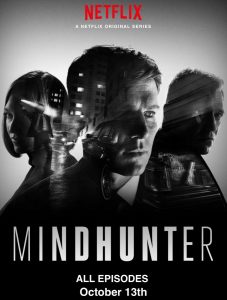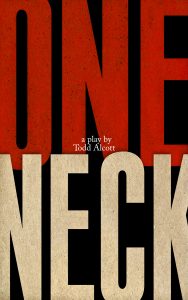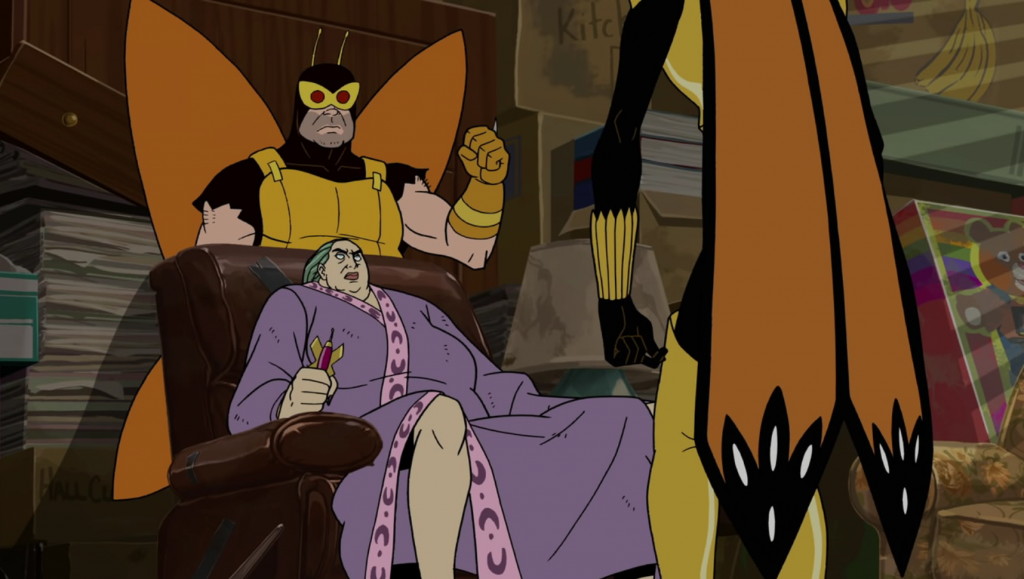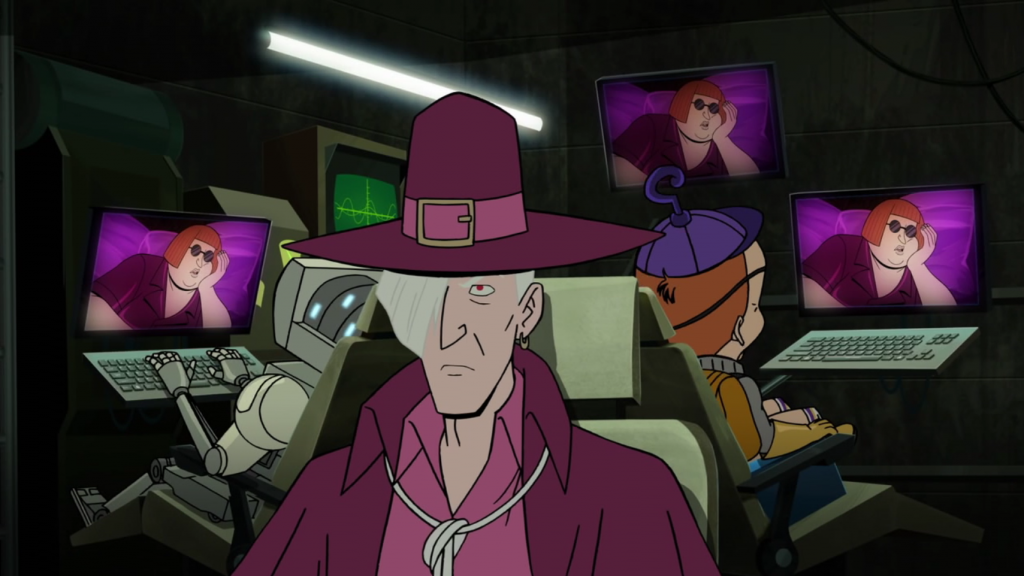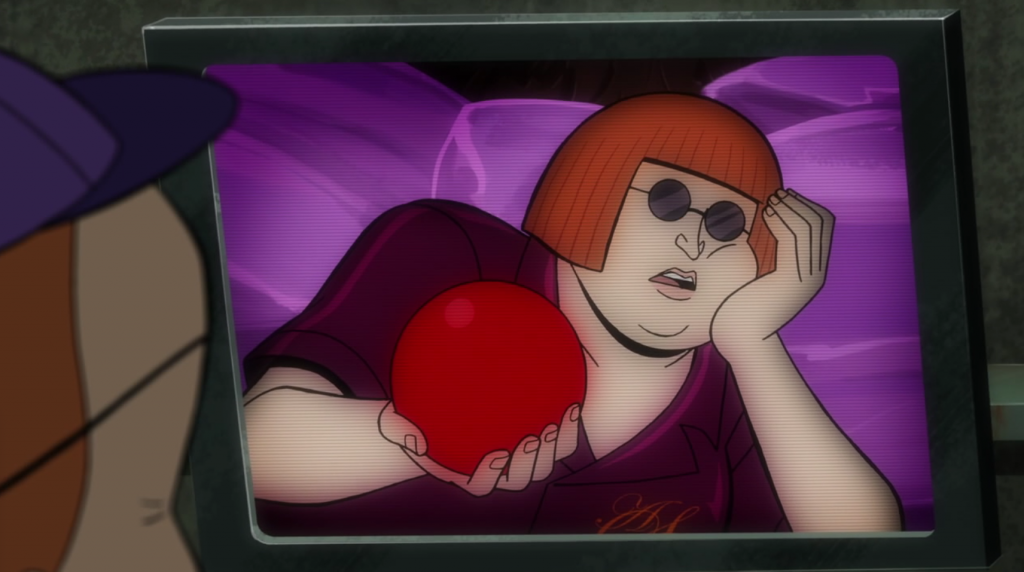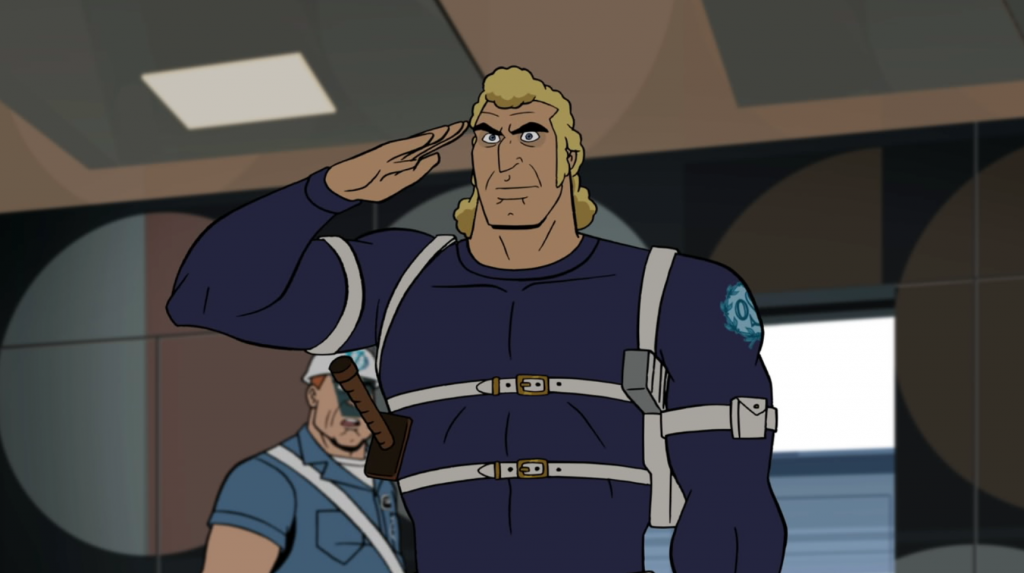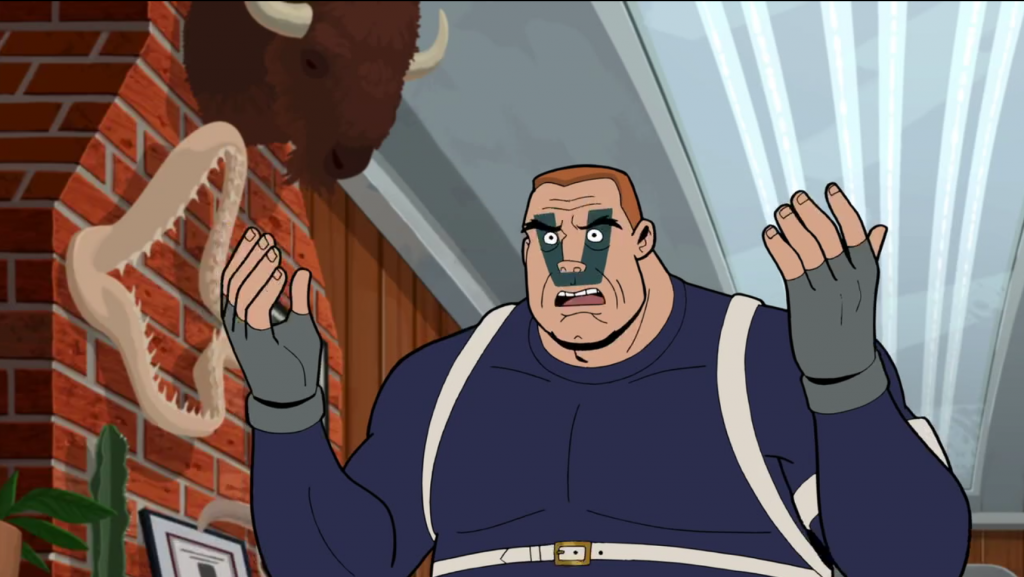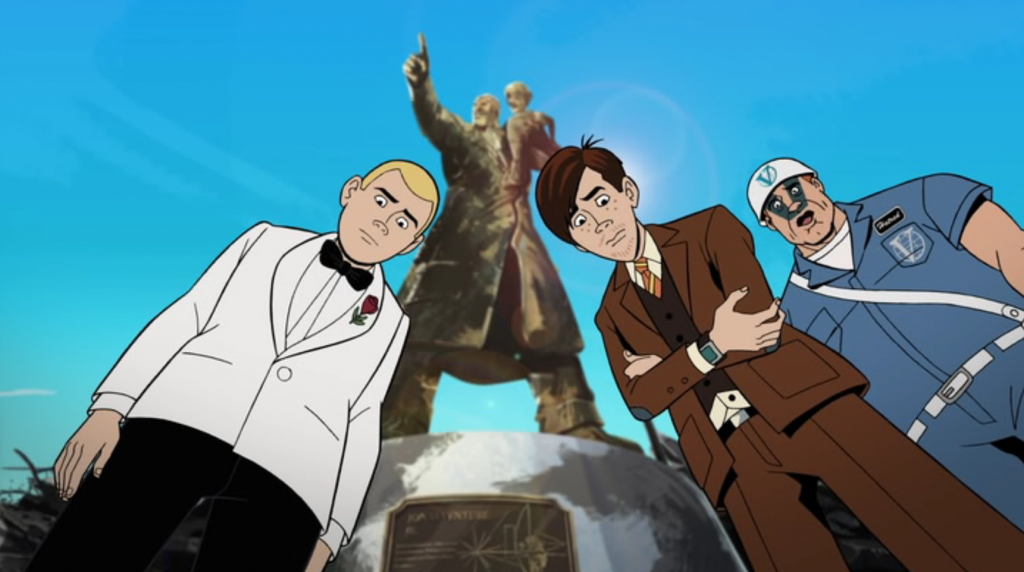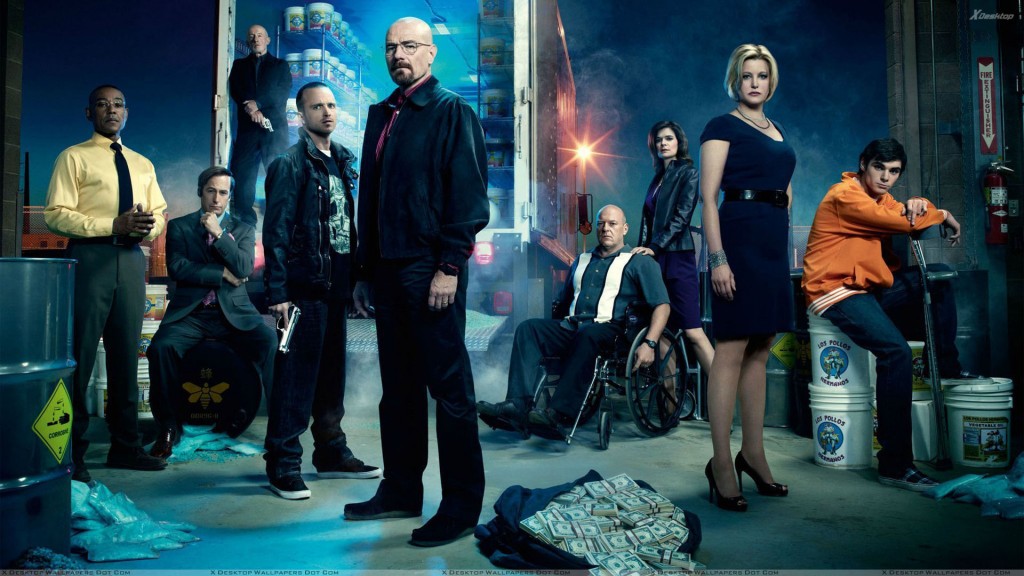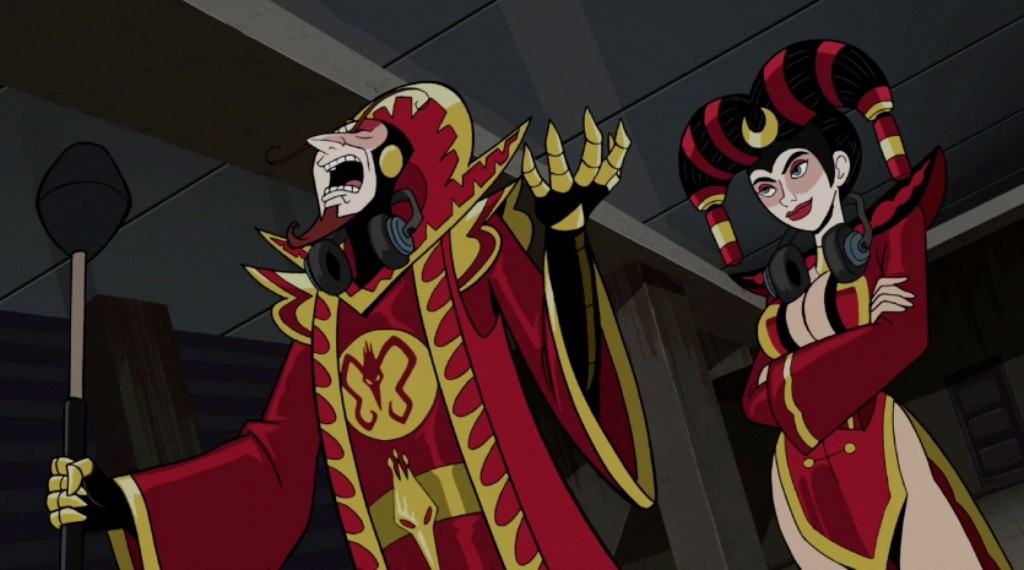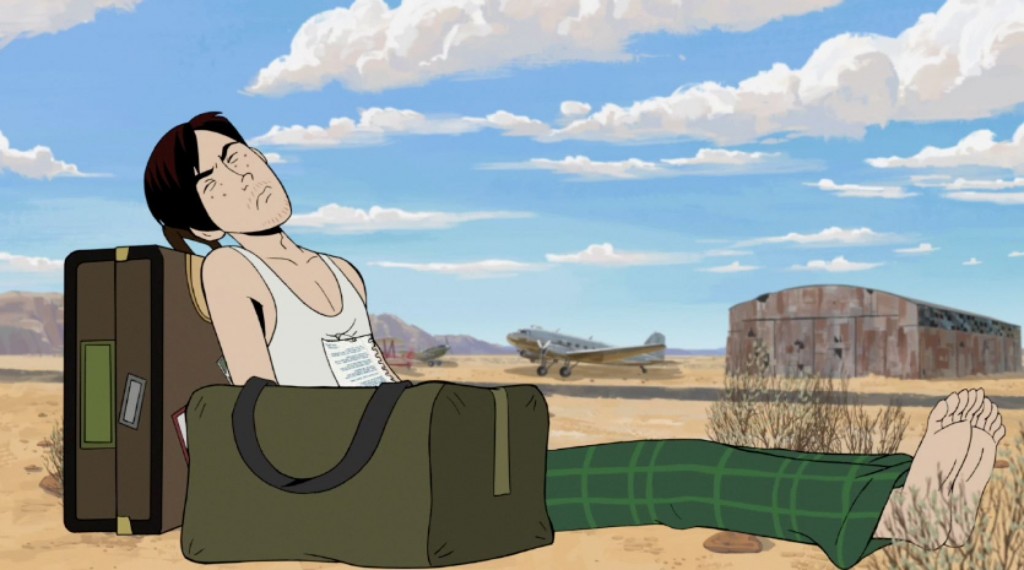Black Summer
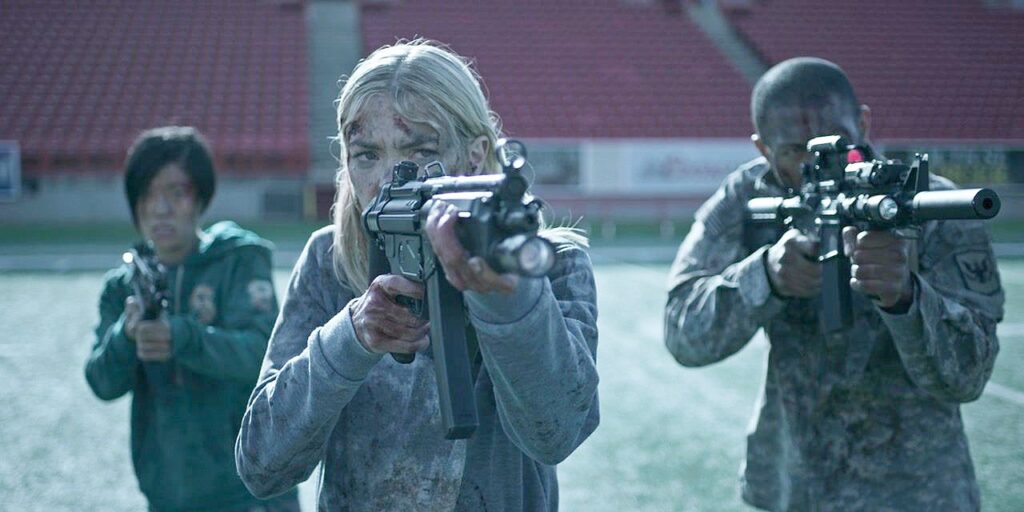
A few days ago, I’d never heard of Black Summer, a Netflix zombie show that’s some sort of prequel to Z Nation, which was a SyFy zombie show, which I’ve never seen. Anyway, now I’m obsessed with it.For fans of the zombie genre, Black Summer takes everything you like from the form — tales of survival, tales of courage and cowardice, tales of savage brutality and unexpected grace, tales of corruption and greed and human frailty, and boils away everything down to the bone. There is no moralizing, there is no metaphor, there is no sentimentality, no pontificating, no speeches, no hip cynicism or critique of consumer culture. What remains is breathless, white-hot adrenaline.
Characters have backstories and personalities and all that stuff, but what they don’t have is speeches. Or, in many cases, names. Some have no dialogue at all. There are no “campfire scenes” where the characters express themselves and come to learn something about each other. Instead, we learn who the characters are purely by their actions — how do they handle themselves, how do they carry themselves, how committed are they to survival, how far will they go, what physical punishment will they endure, and how much will they mete out?
There is very little “down time” at all on the show, and very little sense of a “bigger picture.” Each scene is set apart from the others by a title card, and presents a specific tactical situation. You’re in a car being chased by a truck, and you run over a child’s bicycle in the road. Do you stop and get it out from under the car? Do you have the time to do that before the truck catches up? And if you do, who gets out to remove it? Who is the most expendable, who is the bravest, who is the fastest, who is most committed to survival? And then, what about the zombies that are running around, screaming and roaring and gushing blood from their mouths? Is there one behind that garage? Or behind that tree? If you’re the one that gets out of the car, do you trust the driver not to drive off, using you as bait, either to slow down the truck, or to slow down the zombies? There’s an episode in the first season that’s almost entirely a chase scene between a character who is not cut out to face a zombie apocalypse, and an incredibly persistent zombie, without a line of dialogue, just pure action.
David Mamet once mentioned something about audience interest — if you see two men arguing on the street about one owing the other money, you lose interest quickly. But if you see a man walking down the street, and then a car screeches to a halt and another man leaps out and charges at the first man, swearing at him and throwing punches, that will keep you interested, and want to know more about what’s going on with these two.
Black Summer operates entirely on that principle. We’re told nothing whatsoever about the characters, we just have to lean forward and pick up what we can based on how they relate to one another and how well or poorly they navigate their environment. Sometimes we see a group of people and make assumptions about who they are and what they mean to each other, only to learn later that it’s a completely different situation than we thought.
It makes The Walking Dead feel ponderous and sentimental and Game of Thrones feel squeamish. Characters show up in one scene save they day or gain our sympathy, only to turn, seconds later, into a zombie, or be killed in some errant piece of violence or recklessly driven car. Characters we admire are instantly erased from existence without a dying speech, a reverent close-up or even the camera standing still for one second.On top of all this, the scripts, which are uniformly excellent in terms of action writing, tell stories in chopped up order, as we follow characters as they negotiate an obstacle, then follow another character as they try to get into a building, then follow another character we saw in the background from earlier in the episode, then switch to an entirely different character in a different part of town doing something else. And some of those stories overlap and some don’t, and some begin and end in a single scene. I’ve never seen anything as sophisticated as it on television before.
The show has very few sets, is mostly location shooting, with some locations barely dressed at all. That’s one of the pure genius moves of the production team, to put their actors in locations that look completely, absolutely normal, and, using nothing but camera movement and editing, make us dread every shadow and off-camera sound, because every single new piece of information we get could mean a miracle or instant death.
The weirdest part of all this is that Black Summer, like its parent show Z Nation, were produced by The Asylum, creators of Sharknado and ten million other “mockbusters,” cheap knockoffs of hit movies designed to confuse and entice the unwary content consumer, with titles like Transmorphers and Titanic II. How a piece of high art like Black Summer got through their development process, I have no idea.
Mindhunter vs One Neck
Watching the new Netflix show Mindhunter, I am reminded how the concept of “serial murder” was brand spanking new when I was a teenager, that killers like Ted Bundy, John Wayne Gacy, Jeffrey Dahmer and the rest were a terrifying new phenomenon to law-enforcement agencies, who had no vocabulary or protocol to deal with them. A novel like The Silence of the Lambs was capturing events that were still in the headlines, the FBI’s Behavioral Science Unit being a weird experimental new idea in an FBI where Dillinger-hunter J. Edgar Hoover’s death was still a fresh memory. Suddenly the FBI went from gangbusting to psychology, which required men like the protagonists of Mindhunter to travel around interviewing serial killers, to try to understand how their crimes were possible.
When I sat down to write the play One Neck, I read a whole stack of books on serial murder, and none — not one — came close to a clear explanation for their subject matter. For a researcher, the quest to understand involves trying to get inside the mind of a sociopath, which puts one in a very strange, very dangerous mental place (which the show Mindhunter explores to an extent). I can still remember trying to capture the voice of “my” killer, Lucian, writing for months in my room in Brooklyn, and how, in order to achieve his voice, I had to abandon every scrap of what I knew about morality. I would spend nights writing, hunched over my Royal portable typewriter, and then venture out in the morning to go to work and the world would seem like a very strange place.
That was just from reading those books and struggling to write that character, I can’t imagine what it was like for the FBI agents and psychologists who were actually in the room with those murderers.
There has been exactly one good movie about serial murder, one that captures what it’s like to struggle with a mind like that, and that’s David Fincher’s Zodiac (Fincher is a producer on Mindhunter, and directed the first two episodes). There is one great play about it, and that’s Lee Blessing’s Down the Road, which is about a “true-crime” writing couple who decide to take on the job of interviewing a serial killer for a book and how those interviews destroy their marriage. When I saw a reading of Down the Road in the early 90s, I said “That’s it. That’s what it’s like.”
My play One Neck isn’t about about that obsession or the (thankfully temporary) damage it did to my psyche. Rather it’s about what happens when a piece of chaos crashes a dinner party in Long Island, a party starring the peak of western civilization: a scientist, a stock broker, a TV news producer, a painter and a lawyer. While it’s almost been a movie a number of times, the play is deliberately anti-dramatic. The first act is a comedy of manners, the second act is pure existential horror. (As I liked to say in rehearsals, the first act is The Man Who Came to Dinner, the second act is Endgame). The narrative invites the audience in the same way the killer does, by being funny, weird, honest and discomforting. Then, when it’s got your interest piqued, it goes in for the kill.
The Venture Bros “Maybe No Go” part 2
As part 2 of “Maybe No Go” begins, The Monarch and 21 fight with, and turn the tables on, Redusa, who, we learn, isn’t even a member-in-good-standing with the Guild. She’s an outlier and an obvious has-been, but she’s still in line before the Monarch to arch Rusty. As 21 points out, the Monarch could “legally” kill her, but instead they let her off with a shrunken head, and, as mentioned before, a collectable free pen just for signing the waiver. As one of the few beats of actual supervillain action in the episode (the big set piece is still to come), it’s notable that the Monarch does very little in the scene but grouse and intimidate; 21 does all the heavy lifting of thwarting and threatening.
The Venture Bros “Maybe No Go” part 1
One of the most potent themes of The Venture Bros involves the question of the value of popular culture. Is it worthless garbage manufactured by corporations to distract people from the horrors those same corporations inflict daily upon the world, or is it a kind of magic, or both, or neither? The show might be a kind of a family saga, but it is also very much about the entertainment that reaches us when we are children. That entertainment, the shows and comics and commercials that hook us when we’re young, for better or worse, informs who we are as adults. It contains lessons about life, but also trains us to be consumers. I don’t think any episode of Venture Bros addresses that aspect of the theme better than “Maybe No Go.”
Out in the desert, the A-story of the episode begins with Billy Quizboy and Pete White experimenting with putting mouthwash in cookie dough (presumably for a cookie recipe). This experiment is taking place in their ancient trailer, under the broken neon sign advertising their company Conjectural Technologies. Obviously, business has been slow since the Ventures moved to New York, and no worthwhile inventions are coming down the pike.
Into this threadbare idyll comes a Truckasaurus operated by Augustus St. Cloud, the creepy collector of classic pop-culture memorabilia who has taken it upon himself to arch Billy Quizboy. “To the Quiz-Cave!” exclaims Billy, and we next see the opening titles to what I take to be an imaginary kids’ show starring Billy and Pete “The Pink Pilgrim,” done in the Hanna-Barbera style of the 1960s. The question is, if the show is imaginary, who is imagining it? My guess is Billy, who has lived too long in the shadow of Rusty Venture, who, even though he’s miserable because of it, once had his own TV show when he was a child. In taking on St. Cloud as an arch, Billy is, in his own way, getting out from under Rusty’s shadow and “getting his own show.” The entertainment of Billy’s childhood got into his system so completely, he’s willing to risk everything for a chance to join the party, as it were, and become his own super-science crime-fighter.
His fantasy is involved enough that, the next time we see him, he and Pete and their robot assistant are in the aforementioned Quiz-Cave, in their super-hero costumes, struggling to defeat the Truckasaurus attacking their trailer. The interesting thing about the scene, and the “Quiz-Cave,” is that, unlike, say, Batman and Robin going to the Batcave, where they analyze clues and hop in the Batmobile, the Quiz-Cave is entirely defensive in its effect. Even in his fantasies as an adventurer, Billy’s tendencies are inward.
The Truckasaurus, it turns out, is a mere distraction. Under this noisy cover, St. Cloud has stolen from Billy and Pete what appears to be a red rubber ball. Only a red rubber ball, but to Billy and Pete it’s “the holiest of holies” and “the source of all our powers.” The question of what exactly this ball is and what is its worth becomes the linchpin of the A-story.
The Venture Bros: “Hostile Makeover” part 2
Brock’s reappearance as the Ventures’ bodyguard very much indicates a fresh start for the series. And yet no fresh start in the Venture-verse is without casualties. In this case, Brock’s reinstatement means reassignment for Sgt. Hatred. A nobler character would take the change in stride, but Sgt. Hatred is not a nobler character, and the sight gag alone of the cut between Brock, above, and Hatred, below, is indicative enough of the two men’s characters: Brock is cocksure, respectful and upright, and Hatred is hunched, defeated and whining. He not only doesn’t take the setback easily, he refuses to take it at all, and stays on as the Venture’s unassigned stalker-bodyguard, sneaking around the Venture building and spying on the other security forces, looking for errors, echoing the more comic tension between HELPeR and the J-bots.
(On a more meta level, how cruel is this world, where Hunter S. Thompson is still alive in a cartoon, but David Bowie is not?)
The Venture Bros: “Hostile Makeover” part 1
It is a new season of The Venture Bros, and so it is time to once again ask “What does Rusty want?” “Hostile Makeover” answers the question before the titles even begin. Rusty wants his dead brother’s money, and receives it. Having outlived both his distant father and his parasitic twin, Rusty, who has lived in the past for so long, now has a new fortune to squander, and a new place to squander it in. Having been trapped since childhood in the dark, backward 1970s-Hanna-Barbera-netherworld of the Venture Compound, Rusty now has his own high-rise building smack on Columbus Circle in up-to-the-minute New York City. Now, perhaps, we can see him age in a 2010s-era Manhattan penthouse as his shiny new surroundings gradually get old and then burnish into nostalgia.
“Too Many Cooks:” an analysis
If you have access to the internet, and I think it’s safe to assume you do, chances are you’re already familiar with “Too Many Cooks,” Caspar Kelly’s surreal, head-spinning take on the tropes of television. This 11-minute short, produced for Adult Swim, goes so far beyond simple labels like “parody” and “satire” that it warrants some special consideration. Once you’ve seen a form-shattering piece like this, you start to ask “Why aren’t more things like this?” All the year’s best movies — The Grand Budapest Hotel, Guardians of the Galaxy and Birdman, for starters — bend the shapes of their forms, but “Too Many Cooks” rips its form to shreds, then crams it into a Cuisinart. Hit the jump to begin your journey into madness.
Breaking Bad and the importance of plot
As Breaking Bad draws to its close, internet folk have deployed millions of pixels to dissect its meanings. All of which attention the show richly deserves. However, I haven’t yet seen an article describing what the show has meant to me, and to writing for television, so I’m going to write it now.
The Venture Bros: “The Devil’s Grip” part 2
The Monarch finally has his prey, Dr. Venture, where he wants him. After much deliberation over a long list of choices, he decides to use “the bell.” Unfortunately, Rusty is, apparently, partly deaf due to years spent on his father’s jet. Meant to be used as a marital aid, he instead becomes a cockblock.
The Venture Bros: “The Devil’s Grip” part 1
“The Devil’s Grip” has four major protagonists: Sgt Hatred, Col Gentleman, the Action Man, and The Monarch. Two of these characters are decidedly minor in the Venture universe, another is an arch turned guardian and the last is a straight-up villain, the villain of the series. Their stories are intertwined in this episode around the theme of “regret.” Hatred regrets giving up his job as guardian, but is then moved to rescue Dr. Venture by his default-setting of “soldier.” The Action Man regrets not living a more square life and is moved to action by the presence of Hank in his life, Col Gentleman just plain regrets, and The Monarch starts at a place of ultimate power (for him) and slowly slides toward regret. Regret, in this episode, leads to nostalgia, a form of homesickness, and leads in all cases to comings home. “The Return Home,” in all cases, is not presented as a retreat but as a gesture of healing, a symptom of wisdom, a reassessment of each characters’ place in the universe.
